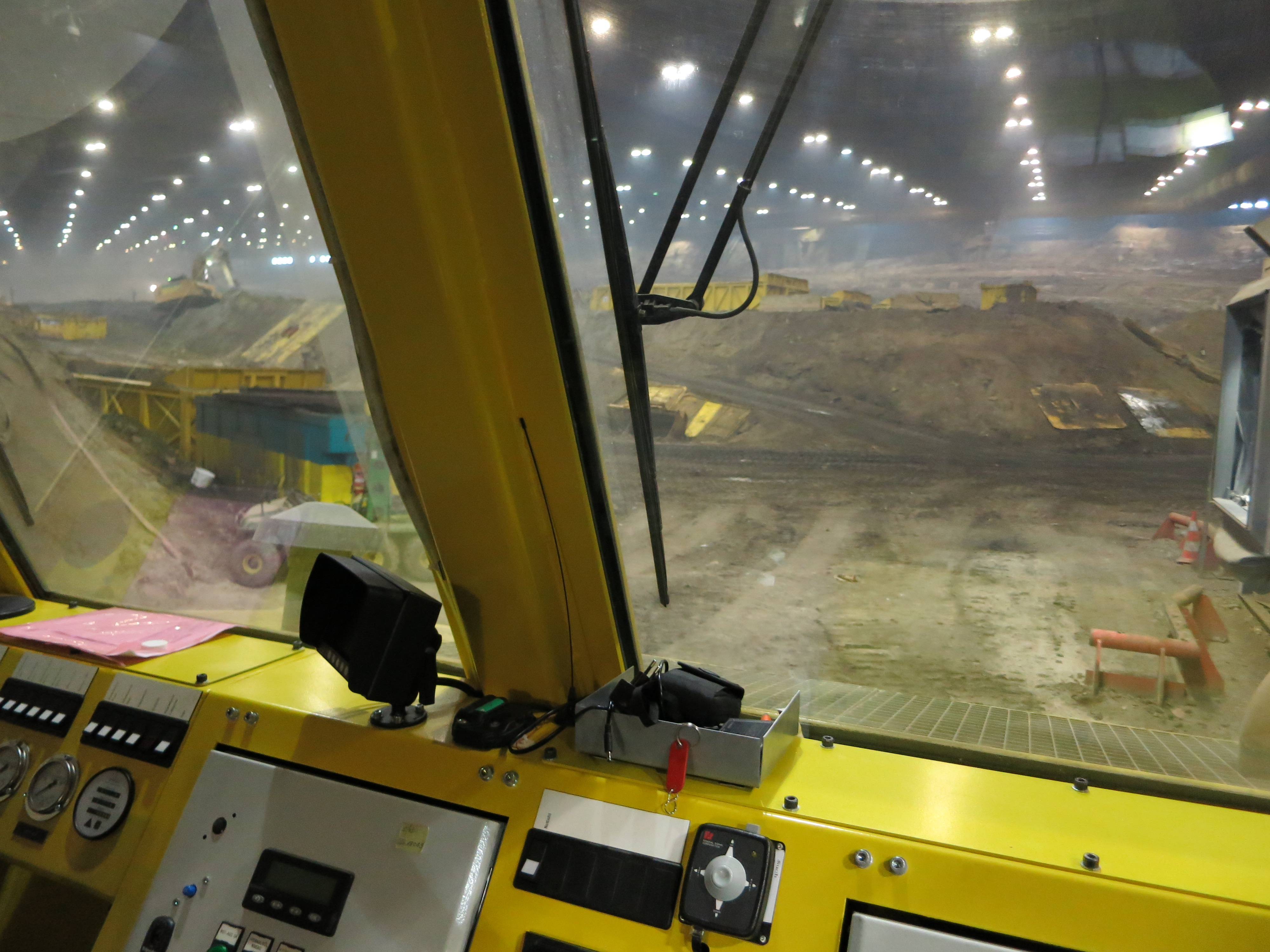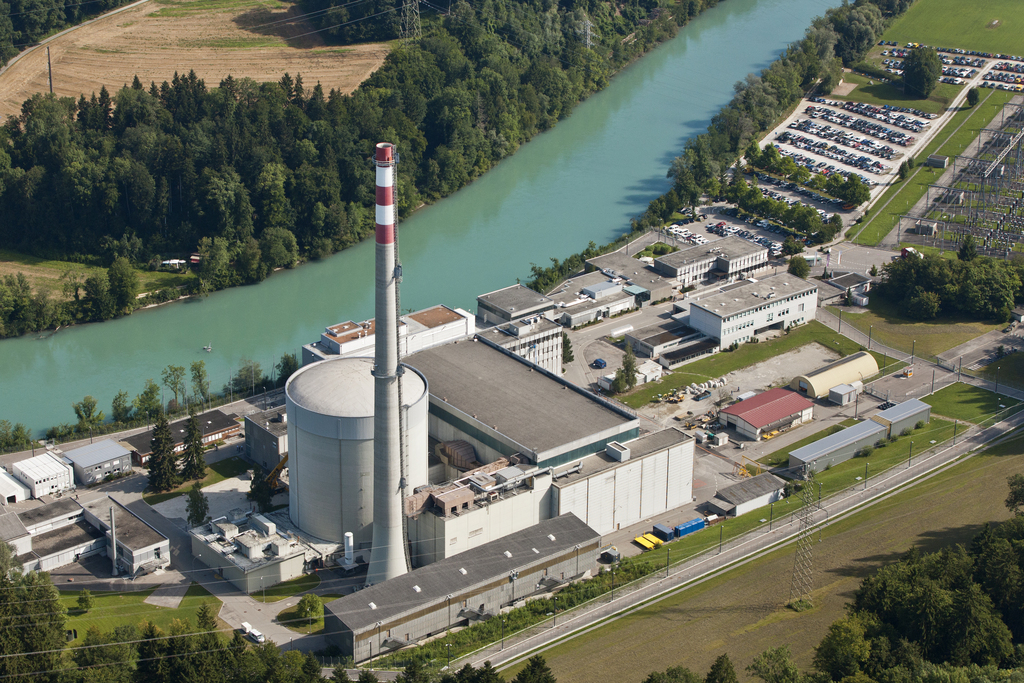Health office admits communication flaws

The authorities have pledged to dig deeper into the discovery of radioactive material on a construction site outside the town of Biel. Officials said the information strategy had not been ideal, as residents had not been told about the find.
The Federal Health Office and the local council say a hotline has been set up to answer questions from nearby residents in Brüggmoos on the outskirts of Biel.
At a joint news conference on Monday officials reiterated the refuse – containing radium-226 – found two years ago on a construction site for a motorway bypass posed “only a slight risk for the health of the population and the environment.”
However, the authorities said they would take further samples from the area in the next few weeks to analyse soil and water for possible radioactive traces.
It is thought to have been deposited in a landfill used by the watchmaking industry many years earlier.
Construction workers
Reports by the Sunday press revealed that the public was never informed of the discovery of the radioactive material, whereas construction workers were kitted out with protective gear.
About 120kg of refuse had a maximum contamination level of 2,000 kBq per kilogramme, although the average level was four times lower according to a statement by the Federal Health Office.
It added that a person would have to be exposed to the maximum level of radiation for 1,100 hours a year to be at risk.
Eliminating the potential for exposure to radiation was one of the goals of a recent people’s initiative calling for an immediate shutdown of the Mühleberg nuclear power plant, located 20 kilometres away from Biel. However the proposal was rejected in a vote last month.
In 2012 the Swiss government decided to phase out nuclear energy by 2050.

In compliance with the JTI standards
More: SWI swissinfo.ch certified by the Journalism Trust Initiative













You can find an overview of ongoing debates with our journalists here . Please join us!
If you want to start a conversation about a topic raised in this article or want to report factual errors, email us at english@swissinfo.ch.